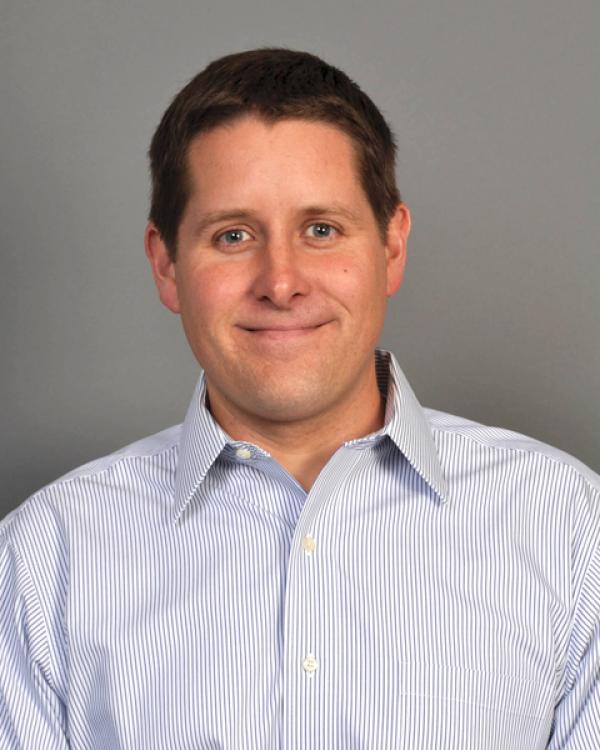
Matthew Quirk of UC Santa Barbara’s Gevirtz Graduate School of Education will be part of the panel for the Right Start Commission Town Hall to be held Thursday, September 22 at 5 pm at Santa Barbara High School, 700 E. Anapamu St. The event is free and open to the public; one can register for tickets online. California currently has the country’s second-lowest standard of living among children, and studies have found that poverty creates gaps in cognitive skills in babies that continue to widen as they get older. Common Sense Kids Action and the Right Start Commission are working to bridge those gaps alongside communities in California. The town hall comes on the heels of a recently released report by the Right Start Commission titled Rebuilding the California Dream, which presents a blueprint for a child-centered system that nurtures every child from the beginning of life.
In addition to Quirk, who is an associate professor in the Department of Counseling, Clinical, and School Psychology, the panel will feature California State 19th District Senator Hannah-Beth Jackson, Common Sense founder and CEO James Steyer, Common Sense Kids Action Vice President of California Policy Craig Cheslog, Santa Barbara Child Care Planning Council program manager Joyce Stone.
After receiving a B.S. in elementary education from Penn State, Matthew Quirk taught at both the pre-k and 2nd grade levels. His experiences teaching in schools that served families experiencing economic challenges had a significant influence on his ongoing interest in researching factors that might improve the academic achievement of students from these backgrounds. After receiving a Ph.D. from the University of Georgia in Educational Psychology, Dr. Quirk spent two years as an Assistant Professor at California State University, Long Beach. Since coming to UCSB Dr. Quirk has remained active in research examining students’ academic motivation and engagement, early literacy development, and school readiness with a specific focus on Latino/a and English learner student populations. His most recent work has focused primarily on kindergarten screening to identify students who might benefit most from early and targeted academic and social-emotional supports.